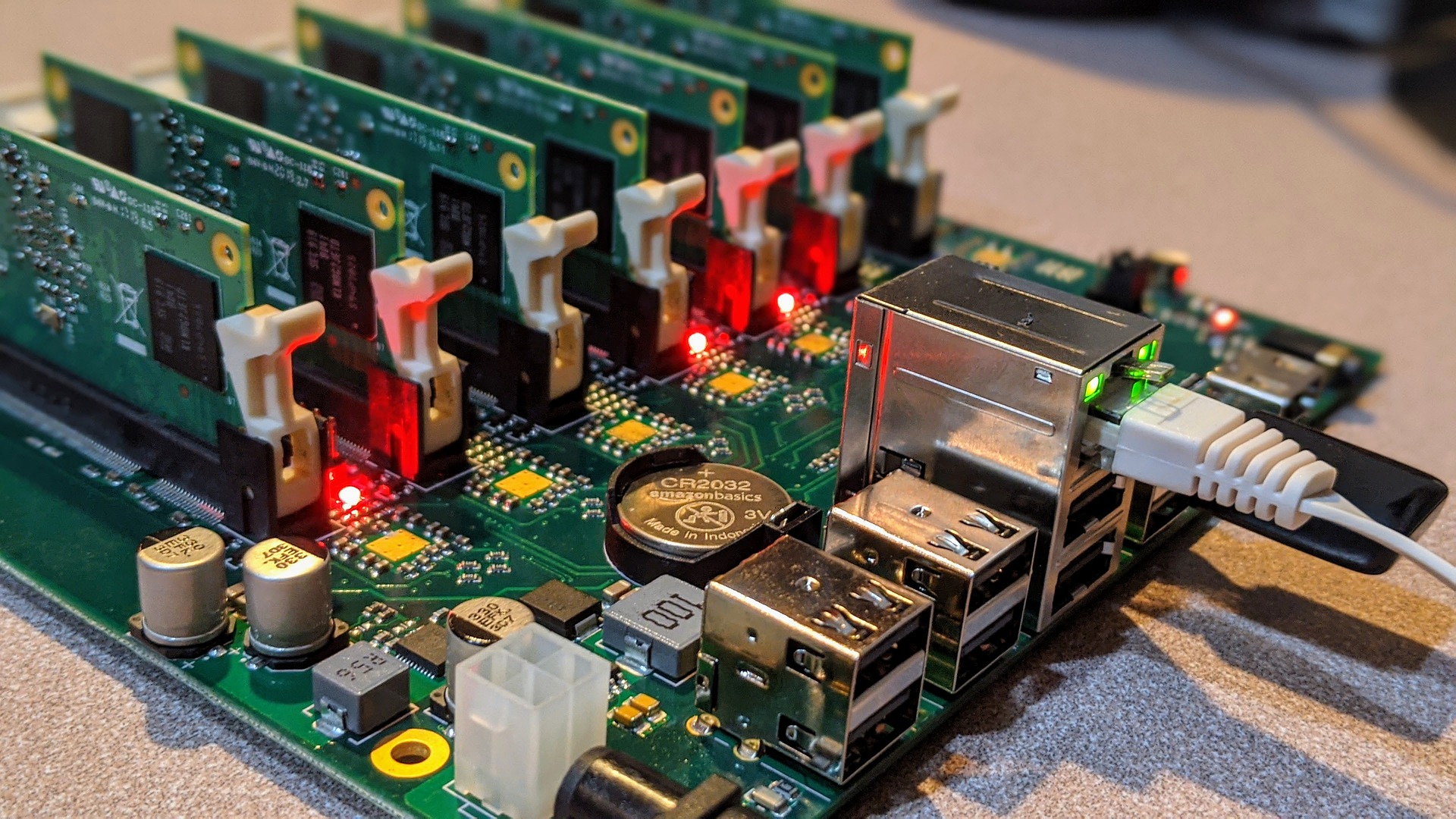It’s no secret that a small handful of enormous companies dominate the internet as we know it. But the internet didn’t always have services with a billion users and quasi-monopolistic control over search or shopping. It was once a loose collection of individuals, research labs, and small companies, each making their own home on the burgeoning world wide web.
“Self-hosting” is a practice that pretty much describes itself: running your own internet services, typically on hardware you own and have at home. This contrasts with relying on products from large tech companies, which the user has no direct involvement in. A self-hoster controls it all, from the hardware used to the configuration of the software.
It’s not just for file sharing or backup, or hosting photo services, but many are now self-hosting decentralised instances of social networks too. The reasons are also not just about Big Tech surveillance and data mining, but often also for economic reasons (costs a lot to host large amounts of data), and the freedom to DIY and experiment with the source code.
See Meet the Self-Hosters, Taking Back the Internet One Server at a Time
#technology #selfhosting #decentralisation #privacy #BigTech
Tired of Big Tech monopolies, a community of hobbyists is taking their digital lives off the cloud and onto DIY hardware that they control.

